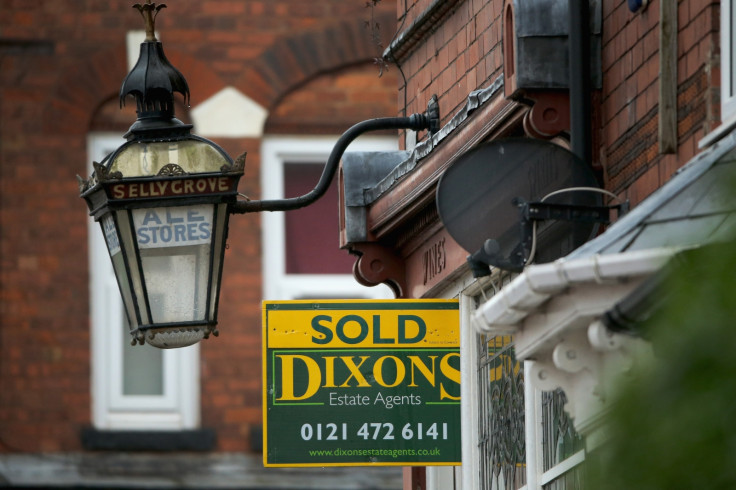UK house prices decline again as inflation bites property market
Nationwide figures show house prices fall for second consecutive month for the first time in five years.

House prices in Britain declined for the second consecutive month in April, fuelling worries that the squeeze on households' budgets is slowly beginning to make its presence felt in the property market.
According to data released by Nationwide on Friday (28 April), the average price of a home declined by 0.4% month-on-month to £207,699, marking the second consecutive monthly decline after a 0.3% dip in March.
April's drop meant house prices have fallen in two successive months for the first time in almost five years, which drove the annual rate of growth to 2.6%, the lowest on record since June 2013.
Nationwide added it expects house prices will grow approximately 2% over the course of 2017, significantly lower than the 4.6% rate recorded last year.
The lender said housing affordability remained a crucial issues for home buyers, with the average house price currently 6.1 times bigger than the average earnings, much higher than the long-running 4.3 average.
Robert Gardner, Nationwide's chief economist, said the slowdown in house prices stemmed from a combination of rising inflation and subdued wage growth, which have forced consumers to rein in their spending.
"While monthly figures can be volatile, the recent softening in price growth may be a further indication that households are starting to react to the emerging squeeze on real incomes or to affordability pressures in key parts of the country," he said.
"The economic outlook is unusually uncertain, and housing market trends will depend crucially on developments in the wider economy."
Data released earlier this month by the Office for National Statistics showed basic salaries excluding bonuses grew 2.2% in the three months to February. While that was slightly higher than the 2.1% analysts expected, it was lower than the 2.3% recorded in the previous quarter and the worst performance in seven months.
More importantly, the figure meant real wages are now falling behind inflation, which stood at 2.3% in March, remaining above the Bank of England's 2% target for the second consecutive month, after breaking through the threshold for the first time in three years in February.
Analysts expect the rate of inflation to rise to 3% this year, as the pound's depreciation triggered by last June's Brexit referendum feeds through to the cost of living.
"Falling consumer confidence in the economic outlook and declining real wages now are really starting to depress the housing market," said Samuel Tombs, chief UK economist at Pantheon Macroeconomics.
"We continue to expect year-over-year growth in house prices to moderate to just 2% by the end of this year."
© Copyright IBTimes 2024. All rights reserved.






